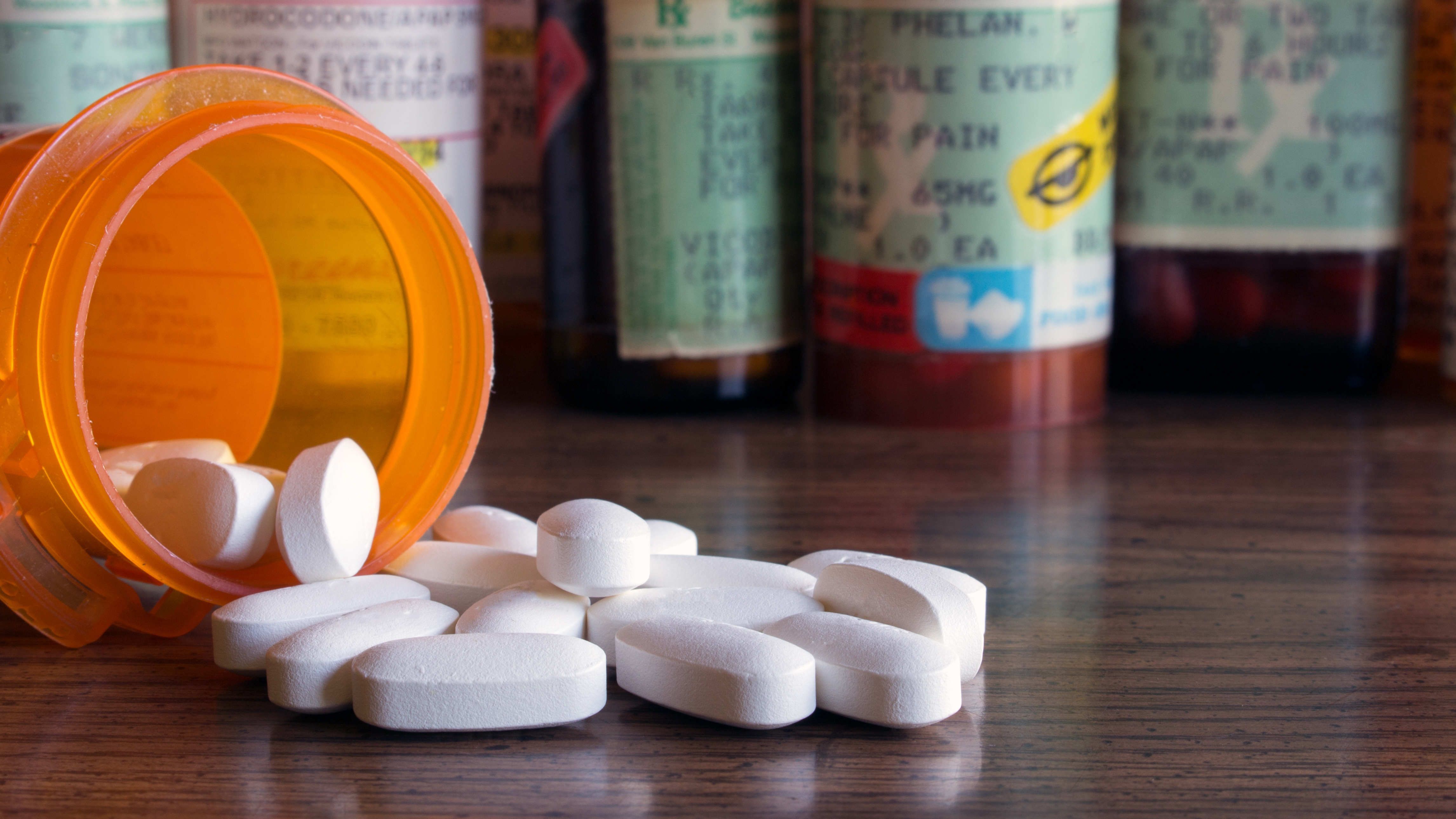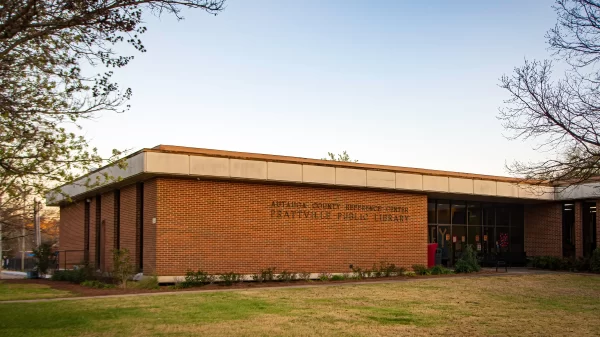Attorney General Steve Marshall announced Tuesday that the State has reached settlements with two pharmaceutical manufacturers and one pharmaceutical distributor totaling approximately $276 million to resolve the State’s claims against them for their role in exacerbating the opioid crisis in Alabama.
“These three settlement agreements affirm my decision to decline participation in the national opioid settlements, which did not adequately acknowledge the unique harm that Alabamians have endured and would have redirected millions of dollars to bigger states that experienced a less severe impact,” Marshall said.
The breakdown of the settlements are as follows:
- Endo Pharmaceutical: The State of Alabama and its subdivisions will receive $25 million this year in a lump-sum payment. By comparison, two similarly populated states and their subdivisions settled with Endo for 26% and 35% of the total that Alabama was able to secure. Pursuant to an agreement between the State and its litigating subdivisions, the State will receive $15 million, less attorneys’ fees, and its litigating subdivisions will receive $10 million.
- Johnson & Johnson: The State of Alabama and its subdivisions will receive $70.3 million this year in a lump-sum payment. While the State would have received this same amount in the national settlement, it would have been paid out over nine years. The settlement funds will be split 50/50 between the State and its subdivisions.
- McKesson: The State of Alabama and its subdivisions will receive $141 million over nine years. Under the national settlement, the State would have received only $115.8 million, paid out over eighteen years. The settlement funds will be split 50/50 between the State and its subdivisions.
Per the terms of each agreement, the settlement funds are to be used to remediate the harms caused by the opioid crisis in Alabama. The state government’s share of each settlement will be deposited directly into the State’s General Fund. As the Alabama Legislature works to determine the best uses of this funding, appropriators will have the benefit of reviewing two-and-a-half years of diligent work by the Alabama Opioid Overdose and Addiction Council to determine the State’s greatest needs.
“I am grateful to each member of the Alabama Opioid Overdose and Addiction Council who has put in the time and energy to provide our legislators with a roadmap as they make critical decisions about the use of this money. We envisioned and developed a State plan long before there was any funding to make it a reality, and I am pleased that we can finally put our plan to good use.”
In addition to the funding for remediation, the State recovered approximately $40 million in attorneys’ fees and costs for the State and its subdivisions.
Attorney General Marshall concluded, “Having encountered the utter darkness of the opioid crisis at my own doorstep, this is one of my most meaningful accomplishments as your Attorney General.”
The State has remaining claims against opioid manufacturers Purdue Pharma, Mallinckrodt, and Insys in each of their respective bankruptcy cases.





















































